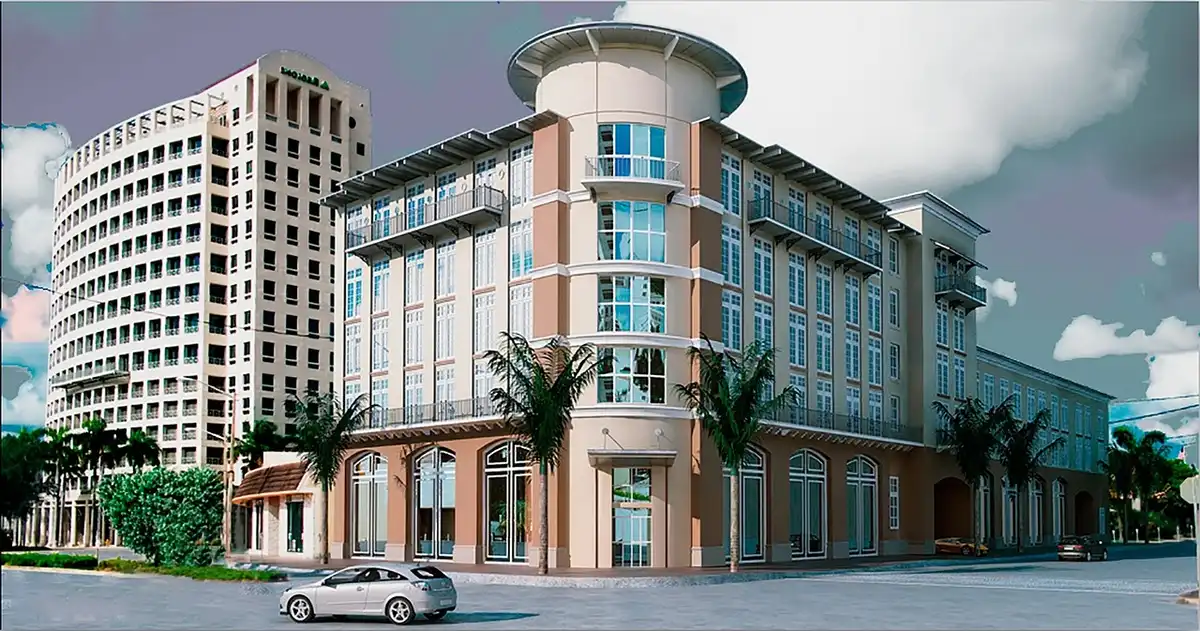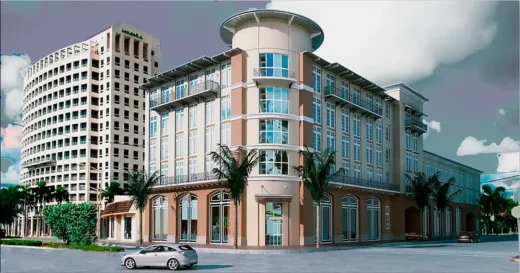Types of obsolescence in commercial real estate guide, Property value reduction, Home value fall
Types of Obsolescence in Commercial Real Estate: A Complete Breakdown
1 April 2025
Obsolescence in commercial real estate refers to the gradual decline of a property’s value due to various factors, making it less desirable, functional, or profitable. Understanding these types of obsolescence is crucial for real estate investors, fund managers, and property owners to strategize effective asset management and investment fundraising.
1. Physical Obsolescence
Physical obsolescence occurs when a property deteriorates due to aging, wear and tear, or lack of maintenance. Common examples include outdated HVAC systems, structural issues, or inefficient insulation. While some physical deterioration can be remedied through renovations, severe cases may require complete redevelopment.
How to Mitigate It:
- Regular maintenance and upgrades
- Retrofitting older buildings with modern materials
- Implementing energy-efficient systems
2. Functional Obsolescence
This happens when a property’s design, layout, or infrastructure no longer meets modern market demands. Examples include outdated floor plans, low ceilings, or a lack of parking space, which can make commercial properties less attractive to tenants and investors.
How to Mitigate It:
- Remodeling spaces to meet contemporary design standards
- Converting unused office spaces into flexible, multi-purpose areas
- Upgrading technology and amenities to appeal to modern tenants
3. Economic Obsolescence
Economic obsolescence is caused by external factors that reduce a property’s value, such as shifts in local economies, increased property taxes, or new regulations that impact profitability. Since these factors are beyond an owner’s control, economic obsolescence can be particularly challenging.
How to Mitigate It:
- Diversifying investments across multiple locations
- Keeping up with local government policies and tax incentives
Real estate fund services from companies like SponsorCloud can be used to ensure optimal fund allocation and risk mitigation.
4. Locational Obsolescence
A property may become obsolete due to changes in its surrounding environment. For example, a once-thriving office park may lose value if businesses migrate to a more popular area, or a retail center may decline if foot traffic decreases due to shifting consumer behavior.
How to Mitigate It:
- Investing in properties in high-growth areas
- Repurposing obsolete properties for new uses (e.g., converting office buildings into mixed-use developments)
Using CRE fundraising software to raise capital for strategic acquisitions in prime locations.
5. Legal and Environmental Obsolescence
Changes in zoning laws, building codes, or environmental regulations can render a property obsolete. For example, stricter energy efficiency requirements may make older buildings non-compliant, affecting their usability and value.
How to Mitigate It:
- Staying updated on legal changes that affect property value
- Investing in properties that meet or exceed current regulatory standards
- Implementing sustainability initiatives such as LEED certification to future-proof assets
Property Value Decline Conclusion
Understanding the different types of obsolescence in commercial real estate helps investors and fund managers make informed decisions. By leveraging the right investment and fundraising tools, firms can optimize asset management, mitigate risk, and ensure long-term profitability.
Comments on this guide to the Types of Obsolescence in Commercial Real Estate: A Complete Breakdown article are welcome.
Real Estate
Real Estate Posts
Home experts streamline real estate journey
Donating real estate to end poverty
Prime location for real estate investment
Property Design
Contemporary Property Designs – recent architectural selection from e-architect below:
Comments / photos for the Types of obsolescence in commercial real estate advice page welcome.






